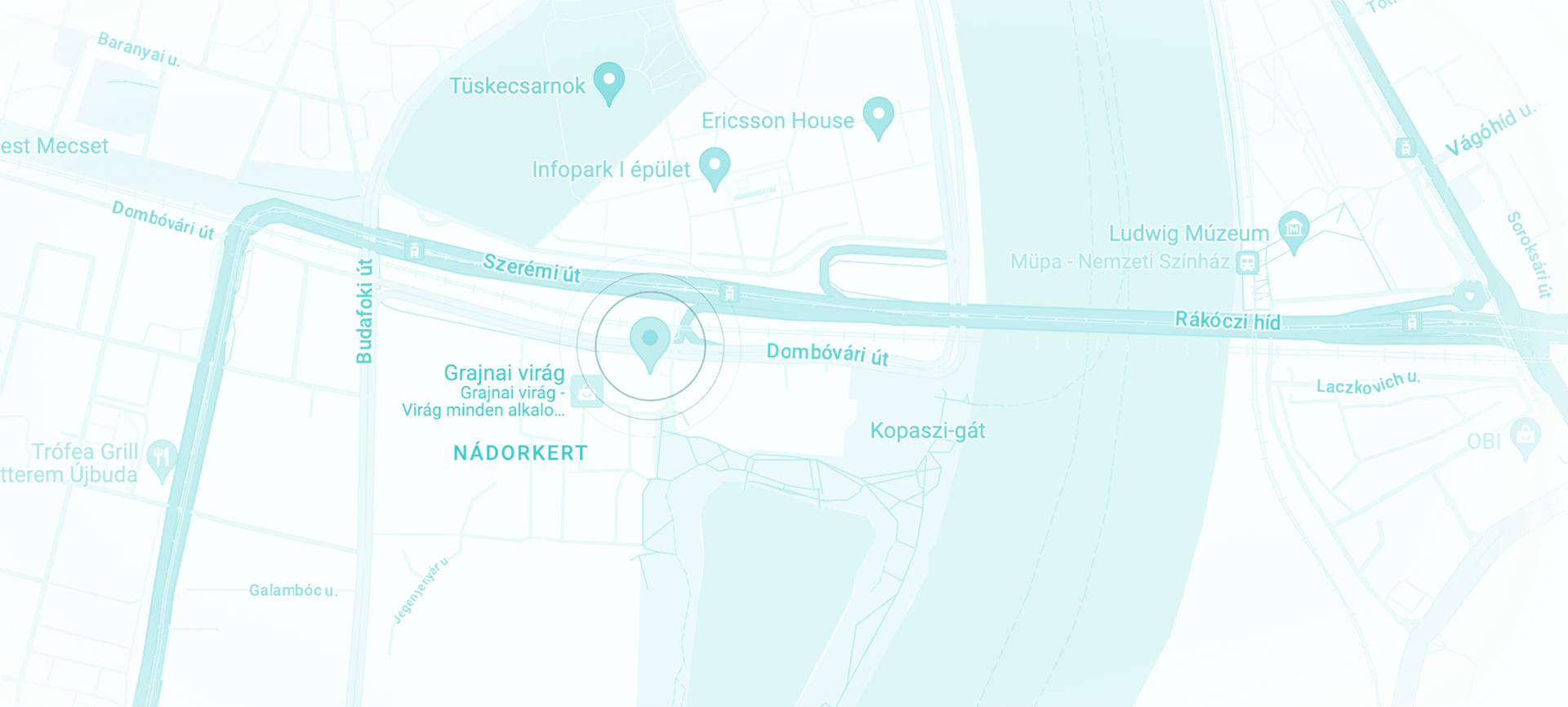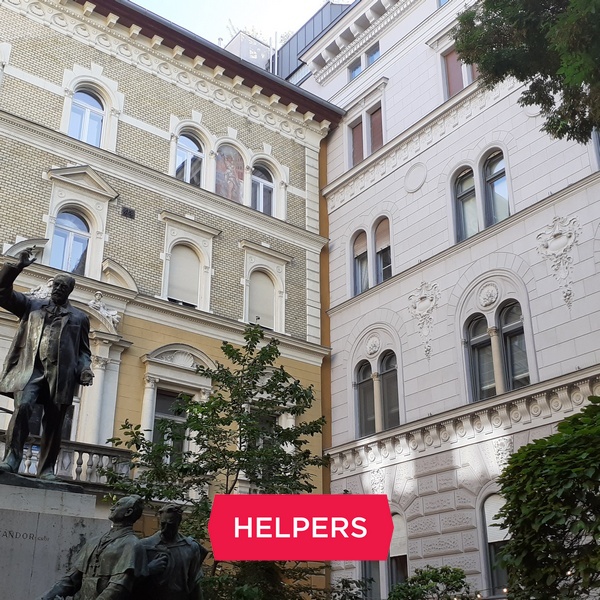
EU residency programs compared – Hungary, Malta, Portugal
You might have several reasons for getting EU residency. Whether you want to move to Europe, on your own or with your family, or you want to do business in Europe, or you want to travel freely in the Schengen zone, Europe offers several options. You just have to find the one that suits your needs and conditions best.
You might have several reasons for getting EU residency. Whether you want to move to Europe, on your own or with your family, or you want to do business in Europe, or you want to travel freely in the Schengen zone, Europe offers several options. You just have to find the one that suits your needs and conditions best.
Which EU residency program to choose?
Many European countries offer residency programs aimed at businesspeople. They are all similar as they all offer EU residency in exchange for some kind of investment. However, the programs are all different; each has its own advantages and disadvantages.
As an investor, you must already know how important it is to collect all available information before you make a commitment for so many years. How much do you have to invest? Are there any hidden costs? How cost-effective is the program?
The below comparison of EU residency programs might be helpful for you to make an informed decision. We have chosen the three most popular programs: Hungary, Malta, and Portugal. See for yourself which will fit your needs.
Costs
Hungarian Residency Bond Program: EUR 300,000
Malta Global Residence Programme: not applicable, because it has no initial investment cost, but an annual tax must be paid in advance (minimum EUR 15,000).
Portugal’s Golden Visa: EUR 500,000
Commissions and fees
Hungarian Residency Bond Program: EUR 60,000 for the whole process, for the whole family (spouse and underage children)
Malta Global Residence Programme: a non-refundable fee of EUR 6,000/applicant to start the process
Portugal’s Golden Visa: processing fee varies between 5% to 20% , depending on which agent is going to help you with the process; plus EUR 80.04 per family member; with the initial Golden Visa: EUR 5,137.50. Golden Visa for Family members: also EUR 5,137.50
Residence stay requirements
Hungarian Residency Bond Program: no requirement
Malta Global Residence Programme: minimum 183 days / year
Portugal’s Golden Visa: 7 days / first year; 14 days / year for the second and third year
Processing time
Hungarian Residency Bond Program: 14 days
Malta Global Residence Programme: 3-4 months
Portugal’s Golden Visa: 30 days
Taxation
Hungarian Residency Bond Program: no taxes involved if the resident has no income from local sources and does not spend more than 183 days in Hungary
Malta Global Residence Programme: Minimum EUR 15,000 / year, all income transferred in Malta is taxed 15%.
Portugal’s Golden Visa: no taxes involved if the resident does not spend more than 183 days in Portugal, but rental income and income from the real estate investment will be taxed at 28%.
Renewal requirements
Hungarian Residency Bond Program: a formality, in 5 years
Malta Global Residence Programme: a formality, in 5 years
Portugal’s Golden Visa: in 1 year, then after every 2 years
Working in the jurisdiction of residence
Hungarian Residency Bond Program: allowed without a work permit
Malta Global Residence Programme: allowed with a work permit
Portugal’s Golden Visa: allowed
Time necessary for obtaining a permanent resident permit
Hungarian Residency Bond Program: 30 days (as of July 1, 2016)
Malta Global Residence Programme: 5 years
Portugal’s Golden Visa: 5 years
Time until you can obtain citizenship
Hungarian Residency Bond Program: 8 years
Malta Global Residence Programme: 10 years
Portugal’s Golden Visa: 6 years
As you may see from the above, the Hungarian Residency Bond Program is the best of the three in several aspects. It is the cheapest, most cost-effective, and fastest EU residency program. Moreover, if you decide in favor of the Hungarian program, we can guarantee you VIP assistance throughout the whole process, which will make the experience pleasant as well as cost-effective.
For a comprehensive database of residency and citizenship programs worldwide, visit NewResidency.com. Whatever you decide, good luck with your ventures in Europe!
Contact
Contact us today
Monday - Friday
9am - 5pm CET
Helpers Hungary Kft
Budapart Gate
Dombóvári út 27
Budapest 1117, Hungary
If you’re visiting us, please use entrance A and come to the 2nd floor.






